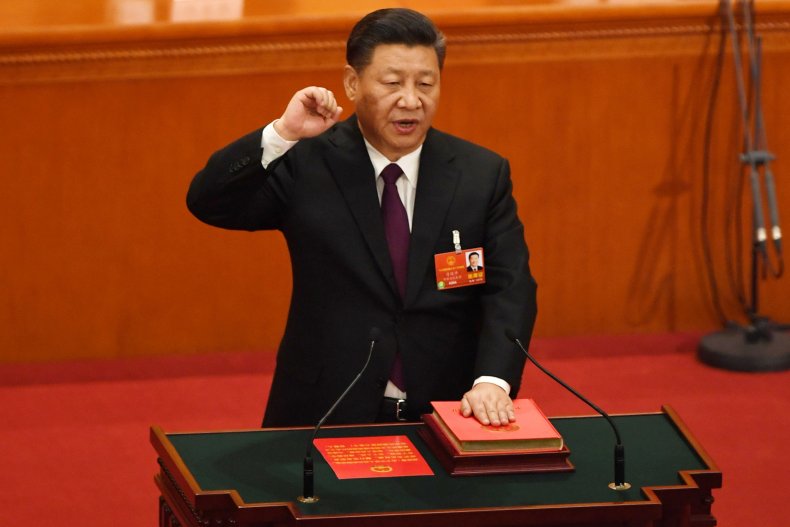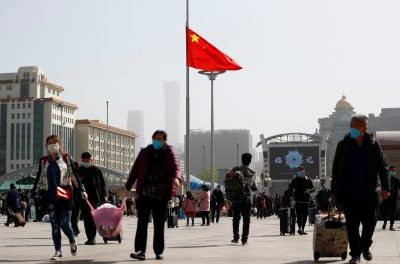By JIANLI YANG
The Central Commission for Discipline Inspection (CCDI) is the highest internal control division of the Chinese Communist Party (CCP). They are tasked with countering corruption within the party. They concluded their fifth conference on January 24, where the party vowed to fight against corruption.
The battle of Chinese President Xi Jinping against corruption has been openly laid out. His takeover of the party was based on strong campaigning and a motto about uprooting corruption from China; his popular tag is the “anti-corruption crusader.”
This campaign has led to thousands of arrests; nevertheless, corruption continues to negatively impact China’s business sector.
The villainy of corruption in China presents entities with danger, whether they are operating or planning to invest in the country. Businesses there suffer at the hands of grafts, political intrusion or assistance payouts. Corruption is ingrained into China’s structure of governing institutional foundations and many Chinese refugees and businessmen have affirmed this. The officials nonetheless decline any such averments.
But what started as an aggressive anti-corruption campaign has now turned into a strategic run down of dissent. Xi Jinping, to stay a forever ruler of China like his predecessor Mao Zedong, uses the corruption card to weed out opposition from officials and dissent from elites.
With his tunnel vision focus, Xi is more concerned with steering the consequences of corrupt actions against the interest of his party rather than rooting out corruption altogether.
There has been a slow but consistent rise of dissenting views in the face of China’s repressive state power. And the apparent discontent among the people does not seem to be limited to a particular social class or section.
The CCP is steadfast at putting down any voice of defiance and disagreement against the party. The association between the country’s businessmen, high society nobles and the draconian leadership has been in the stew.
With social media, the crackdown of dissenting voices by the CCP has become increasingly more impossible to conceal from the public eye. The most recent example is when Jack Ma, the Chinese Jeff Bezos, disappeared from public life for three months after commenting on China’s financial industry.
There have been many similar cases.

Real estate tycoon Ren Zhiqiang criticized Xi on February 23, 2020, without openly identifying him. Ren described Xi as “a clown stripped naked who insisted on continuing being emperor.”
Ren reflected on a crisis of governance, condemning the limits imposed by the state on free speech. He also went missing after his comments. Later, it was revealed that the CCP initiated an investigation against him, charging him in a Beijing district court for economic crimes. He was sentenced to 18 years in prison.
Xu Zhangrun, a law professor at Tsinghua University, also remarked against Xi in May 2020, accusing him of pushing toward a Cultural Revolution. The Beijing police kept him in custody for almost a week alleging charges of soliciting prostitution to discredit him.
The university later revoked Xu’s license and sacked him. The Chinese Communist Party does not allow an independent judiciary to assess any separation of powers.
Chinese publisher Geng Xiaonan angered the CCP by expressing public support for dissident professor Xu. She was sentenced to three years in prison on the charge of “illegal business operations.”
The communiqué adopted by CCDI on its recent meeting has an eight-point list of requirements. Upholding Xi’s position as the center of the party is highlighted, along with investigating corruption cases involving political and economic issues and supervising any business conducted by the spouses, children and close relatives of top officials.
The commandments make it clear that corruption, which is generally recognized as an economic offense, finds a duplicitous place in China. Xi is concerned with its political aspects more than its economic implications.
The draconian leader is known for showing selective outrage against his people.
Ultimately it does not matter if one steals from the government, as long as no statements against the CCP or its leader are made. Dissenting from the party’s views is more of a serious crime than actual corruption.
The Chinese government views dissent as an empirical peril.
Dr. Jianli Yang is founder and president of Citizen Power Initiatives for China.
The views expressed in this article are the writer’s own.
This article first appeared in Newsweek on 2/18/21























